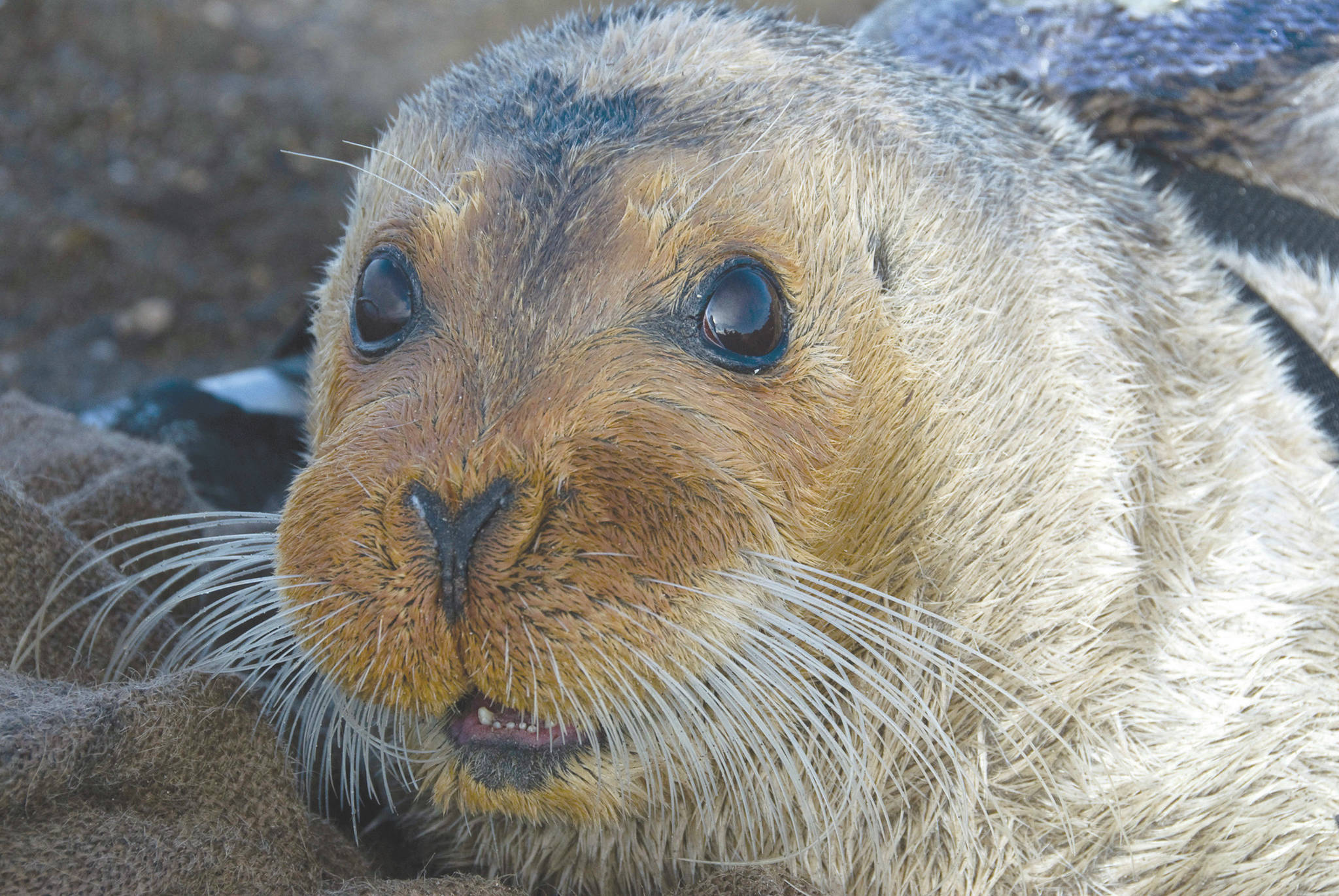ANCHORAGE — A federal agency will decide by September how much ocean and coast in northern Alaska will be designated as critical habitat for two ice seal species.
The Center for Biological Diversity announced Monday it had reached an agreement with the Commerce Department for the Trump administration to issue a critical habitat rule for ringed and bearded seals.
Ringed and bearded seals use sea ice in the Bering, Chukchi and Beaufort seas. Both seals are listed as threatened.
Designation of critical habitat for threatened species is required by the Endangered Species Act a year after a listing. Federal agencies that authorize activities such as oil drilling within critical habitat must consult with wildlife managers to determine if threatened species will be affected.
The Center for Biological Diversity sued in June because no critical habitat has been designated. Ice seal habitat is rapidly melting, said Emily Jeffers, an attorney for the Center for Biological Diversity, and it should not have taken a lawsuit for officials to follow the law.
“Ringed and bearded seals need our help to survive an Arctic that’s heating up at twice the global rate,” she said in a statement. “They need habitat protections now, and they need us to quickly address climate change.”
Commerce Department spokeswomen in Alaska did not immediately respond Monday afternoon to requests for comment.
Ringed and bearded seals were listed as threatened in 2012 because of projected sea ice loss even though their numbers have not fallen.
The state of Alaska, oil industry groups and others sued in two lawsuits and the listing was vacated. However, the 9th Circuit Court of Appeals in 2018 reversed those decisions and said long-range data demonstrating a species decline is not required to adopt conservation policies to prevent the decline.
Ringed seals are the smallest and most numerous of Alaska’s ice seals and the main prey of another threatened species, polar bears,. They thrive in completely ice-covered Arctic waters because they maintain breathing holes with thick claws.
After snow covers breathing holes, females excavate snow caves on sea ice. Inside those lairs, they give birth to pups that cannot survive in ice-cold water until weeks later when they have grown a blubber layer. Early breakup of sea ice, less snow and even rain threatens lairs, exposing pups to polar bears, Arctic foxes and freezing temperatures.
Bearded seals get their name from short snouts covered with thick, long, white whiskers. Bearded seals give birth and rear pups on drifting pack ice.
Animals with federally protected critical habitat are more than twice as likely to be recovering as species without it, Jeffers said. A critical habitat designation does not affect subsistence hunting by Alaska Natives.
• By Dan Joling, Associated Press

